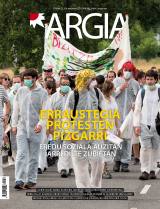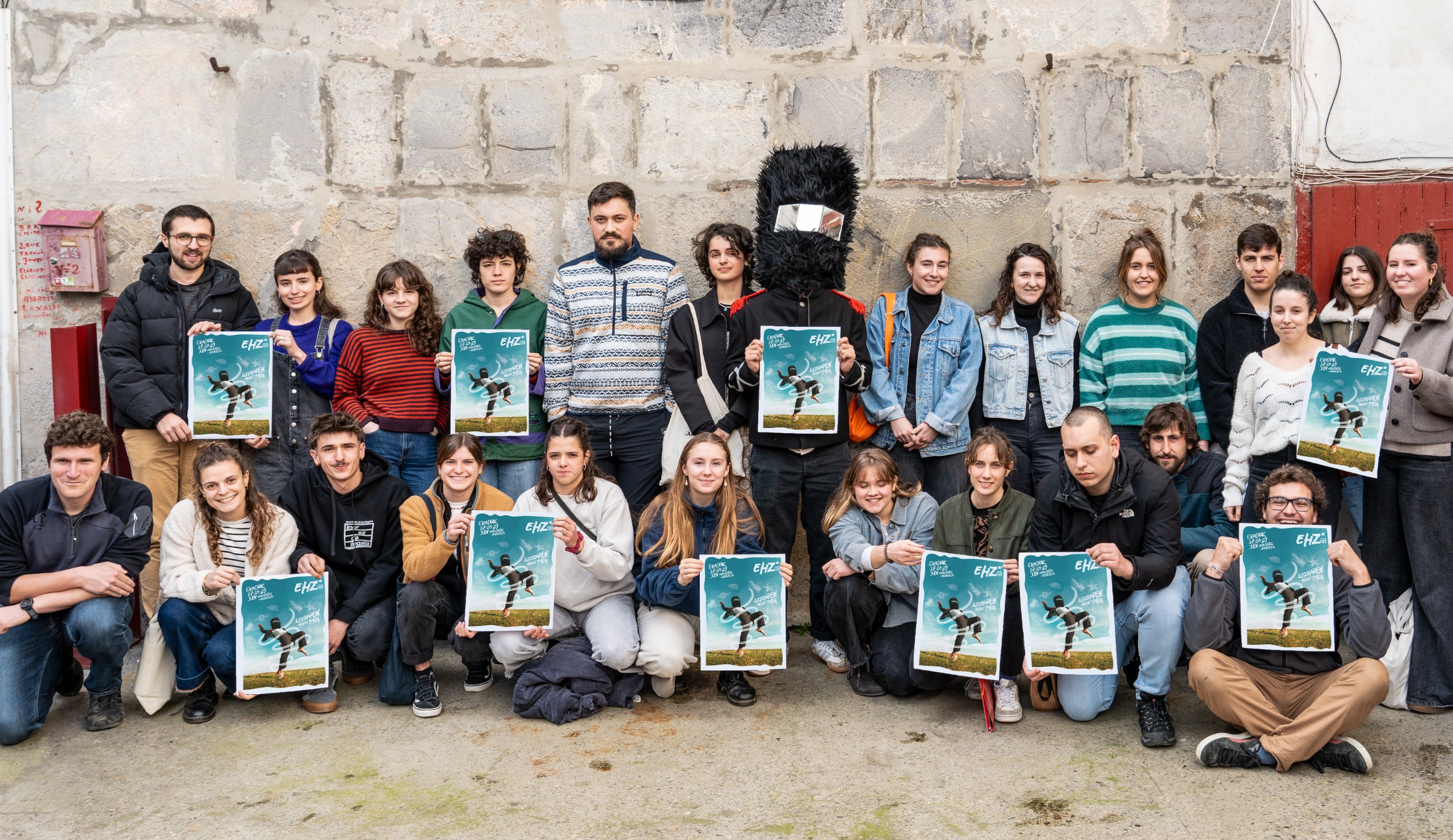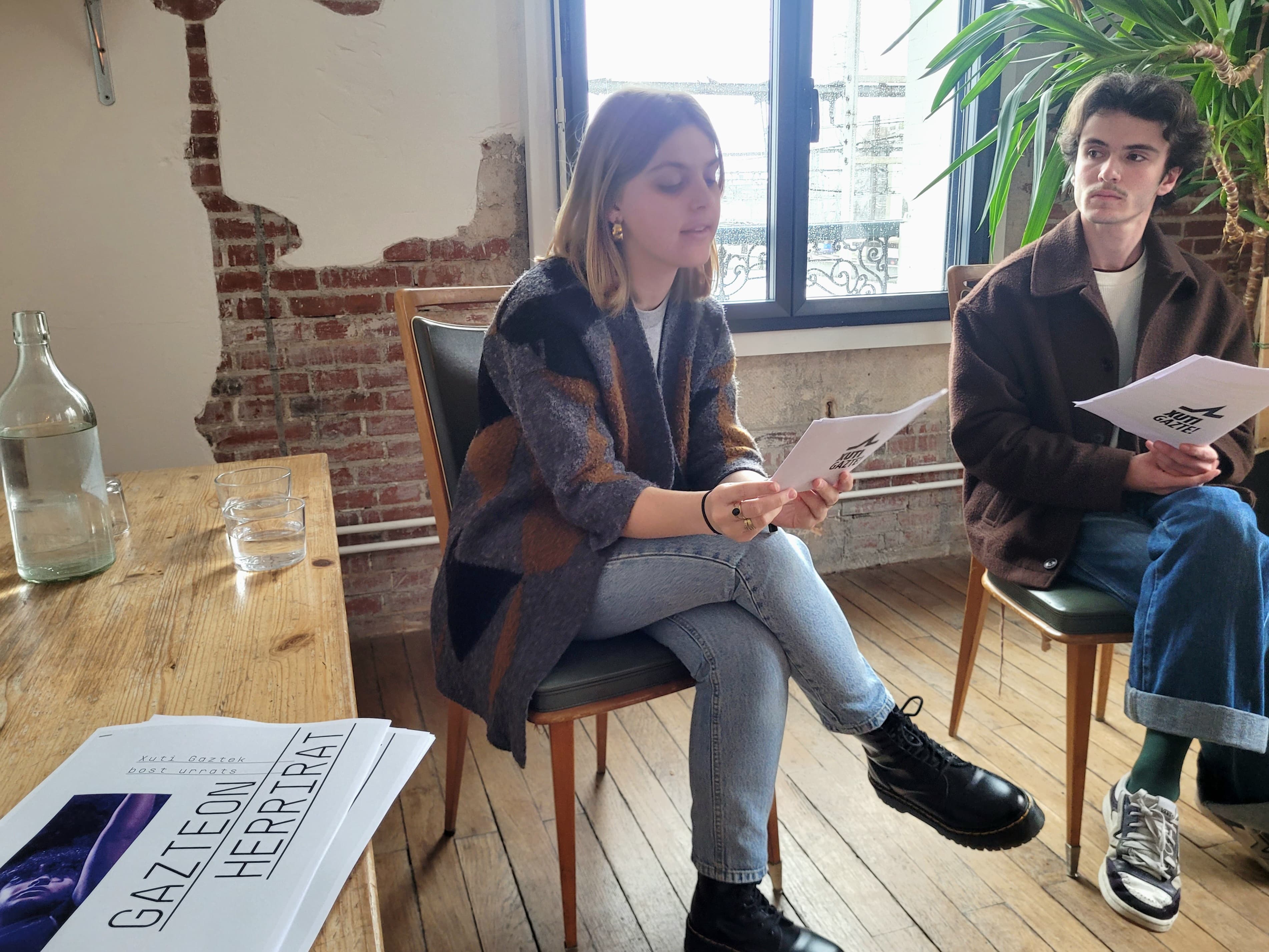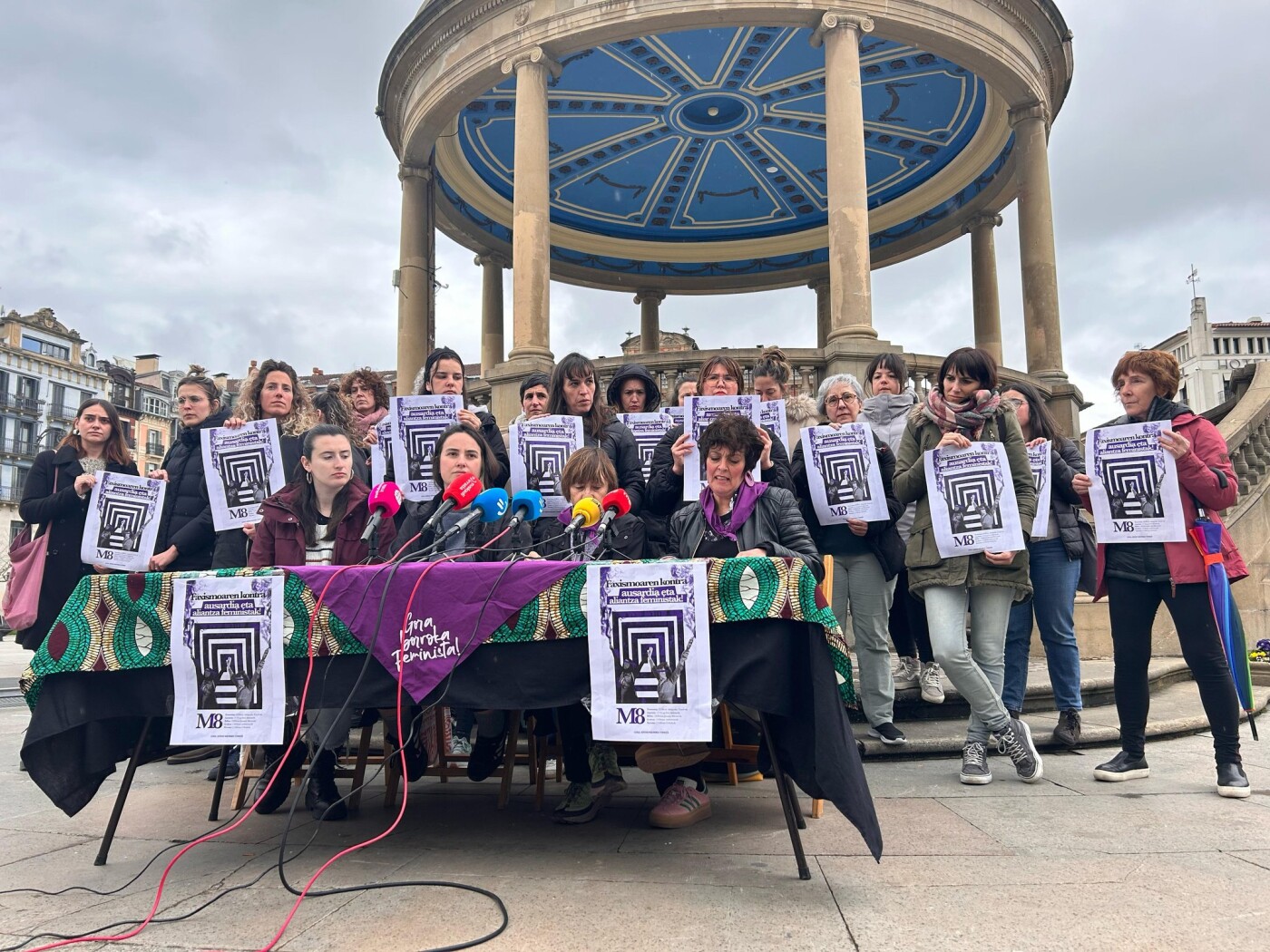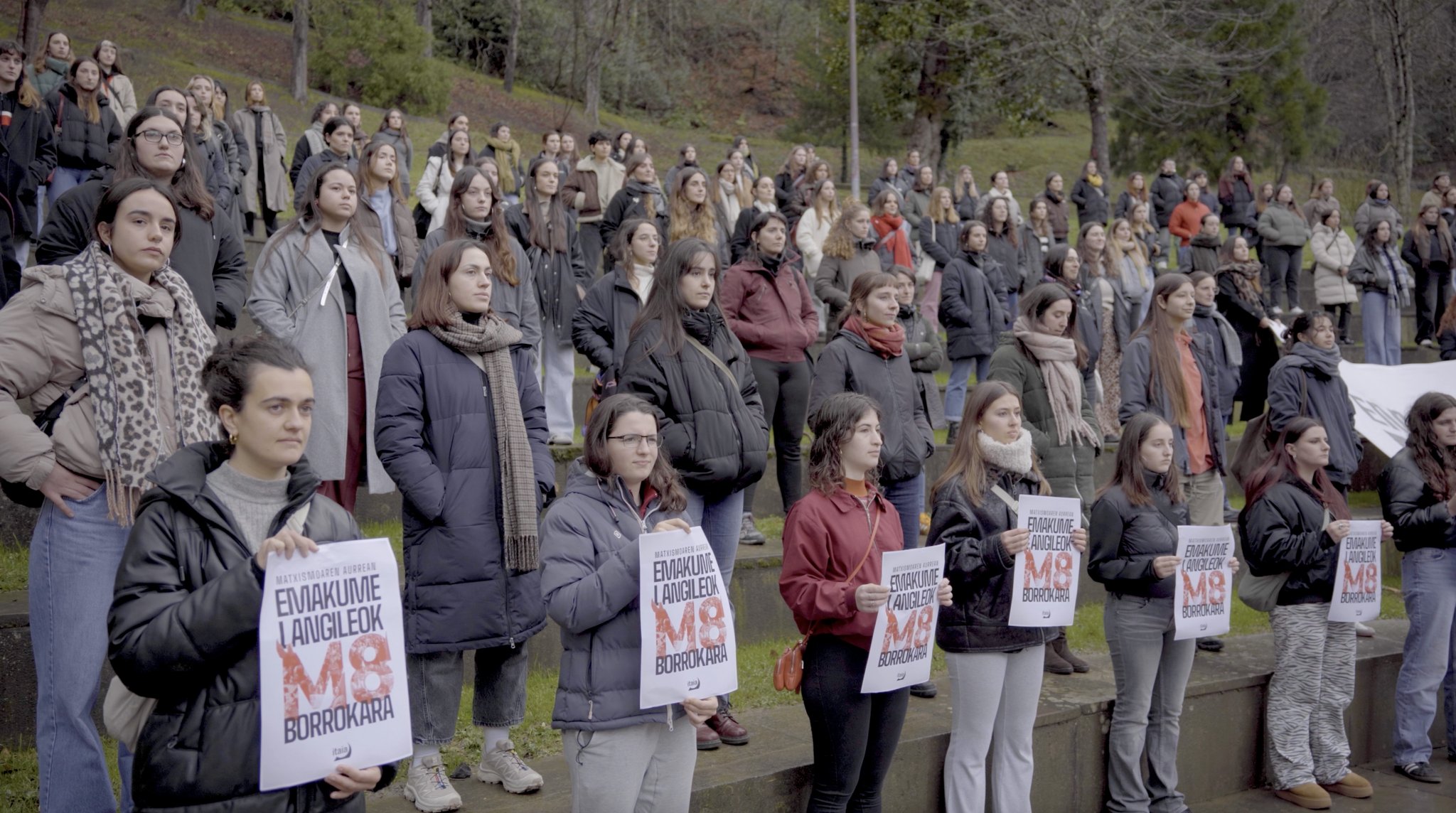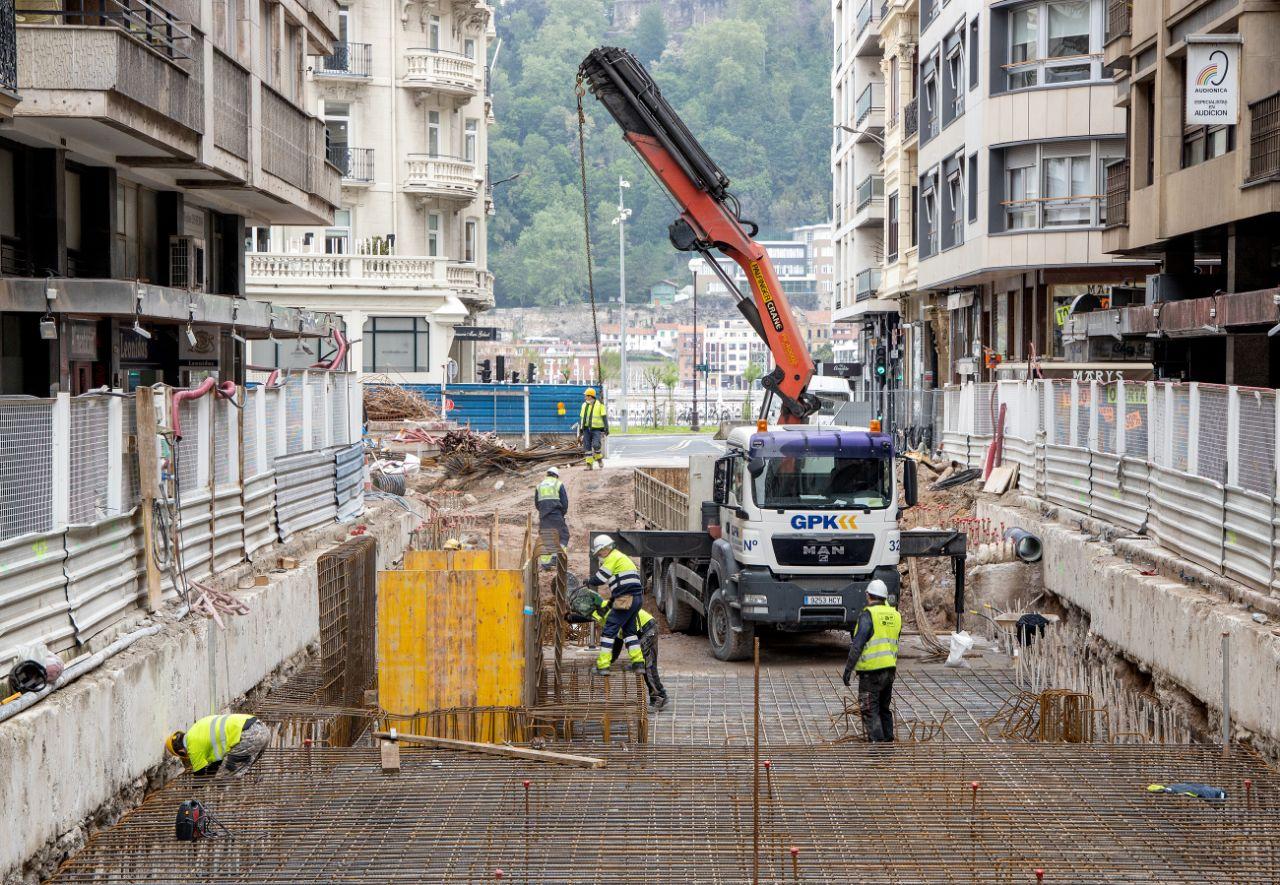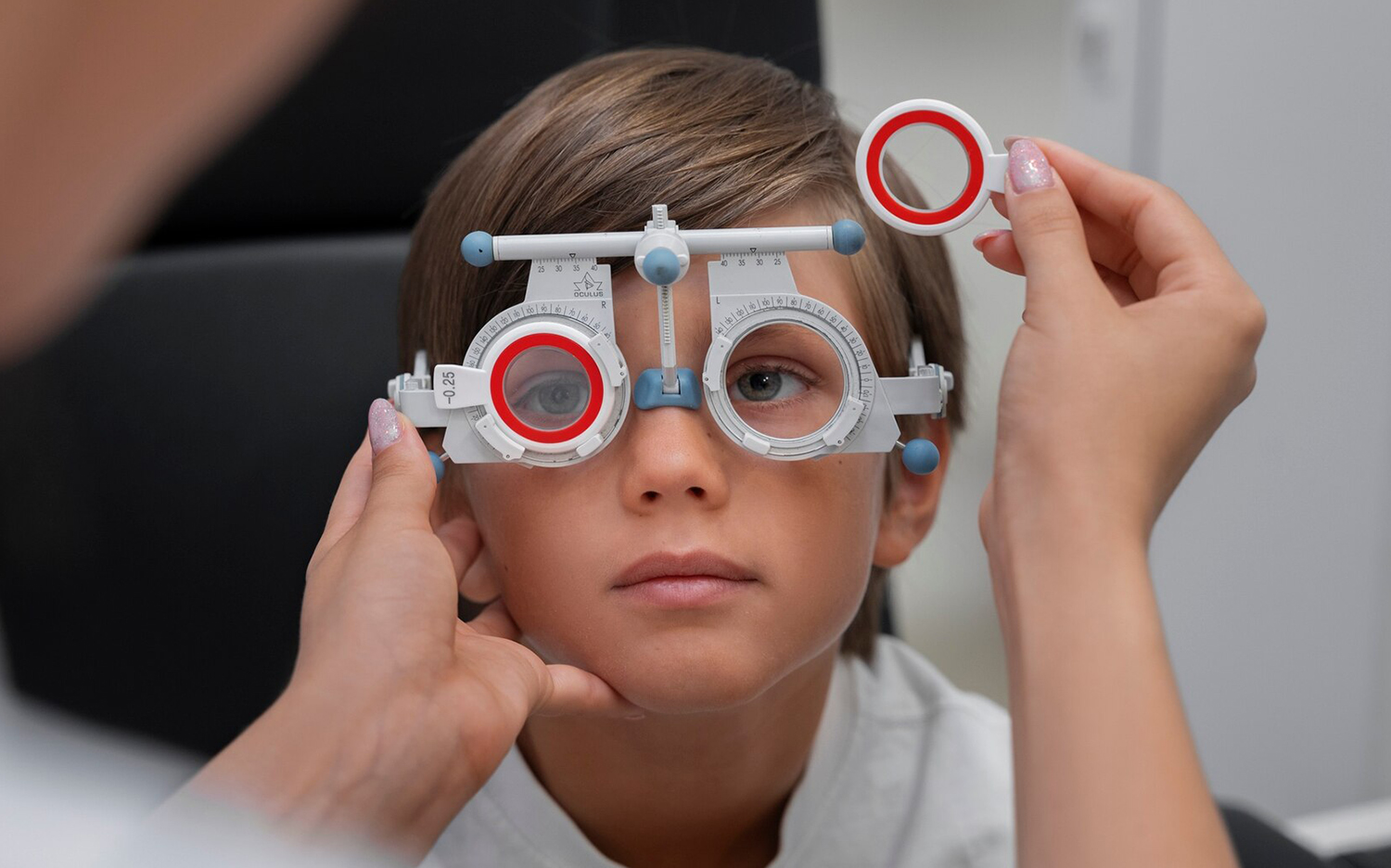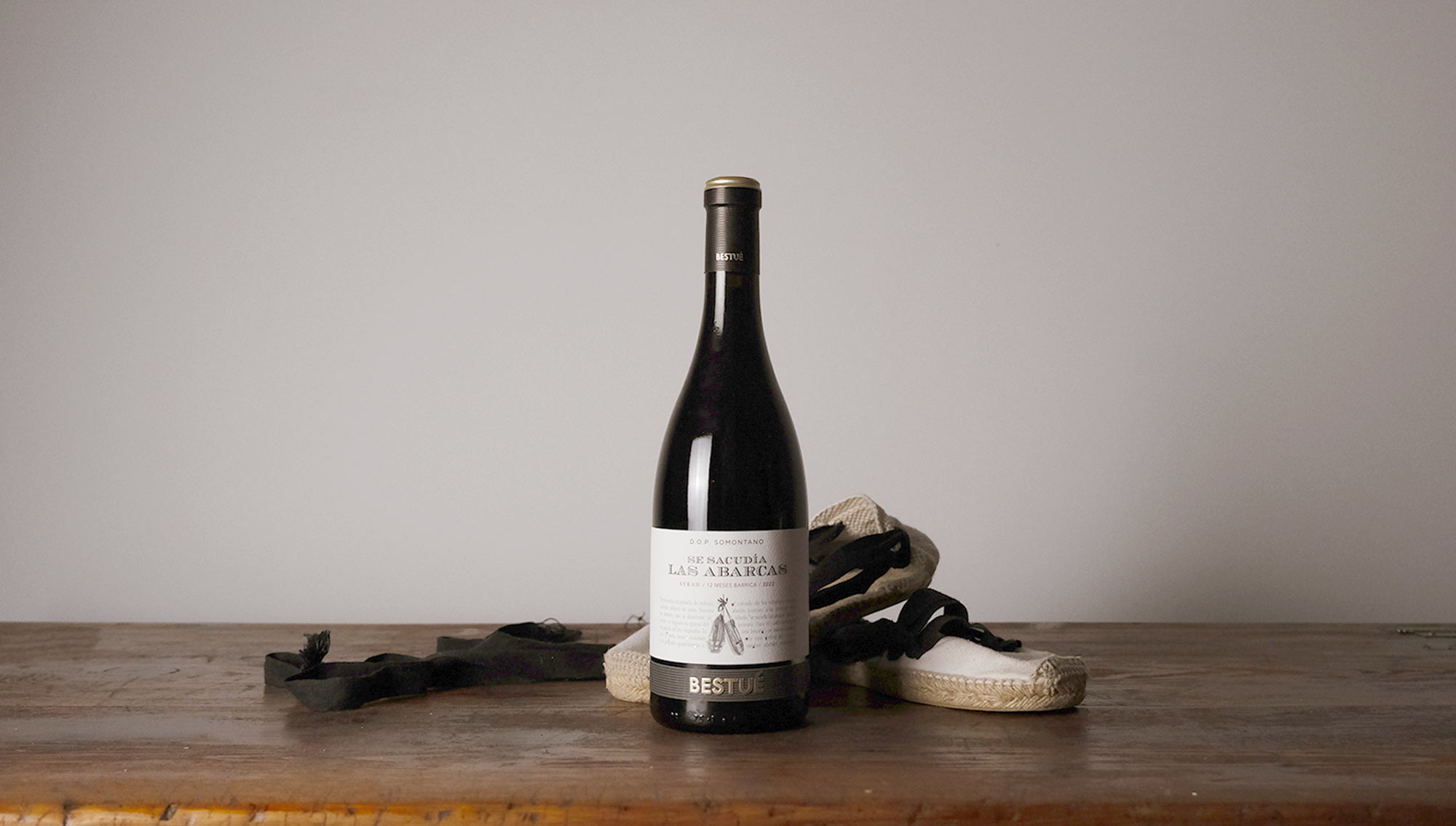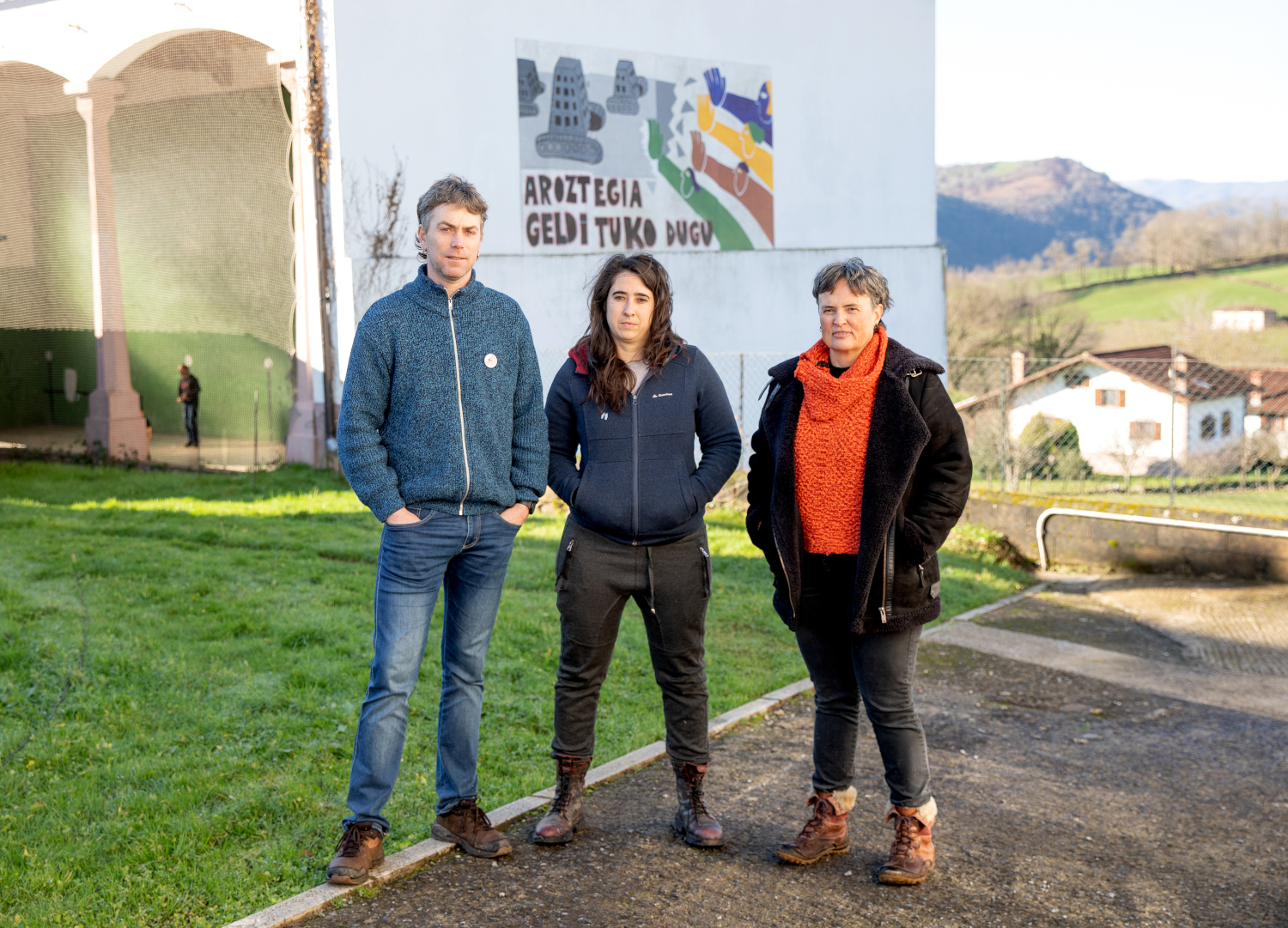"This cannot be all that political change has to bring"
- The nonsense Nerea Fillat is an activist. It works to turn concepts such as counter-dumping, feminism, food sovereignty and social transformation into effective and productive tools on a day-to-day basis.
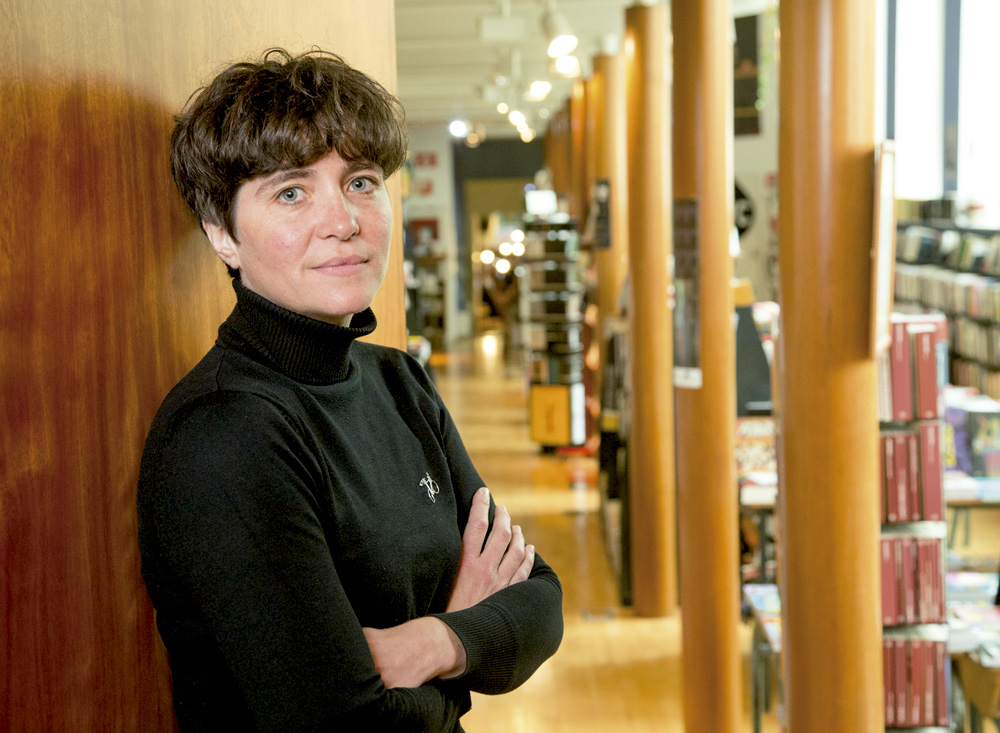
Historian lizentziaduna eta Arkeologian espezializatua. Lana eta eraginkortasun politikoa elkartzen dituzten enpresen bultzatzailea: Eguzki Bideoak kontrainformazio kolektiboa, La Hormiga Atómica liburu-denda eta orain Katakrak liburu-denda, kantina, eta ideien gunea.
Where are the first pillars of your political thinking?
It has been a very important element that has conditioned my life to have studied in the ikastola, to have been part of that movement that existed in the 80s around the ikastolas in Pamplona. On the political stage, these kinds of things profoundly condition you when on the map of the city it is an important issue of language. It was very effective in us, not only because of the language, but also because of the Community sense that the ikastolas had at that time. I wanted to give this Community idea centrality throughout my life.
Are your studies and early works among the old stones?
I studied history and specialized in prehistory at the University of Navarra and at the Complutense de Madrid. I like archaeology, and I worked as an archaeologist for several years. It was the time of the real estate bubble in Spain and as a result of many public works that were carried out, archaeologists had a lot of work. As soon as we learn, we start to work, until we reach the crisis.
Did you suffer a great deal from the destruction of property?
I did not work on matters as hard as the parking of the Plaza del Castillo, but I did work on the Highway of the Camino that connects Pamplona with Logroño, and in the area of Estella there are many deposits. It is a very clear metaphor for the excavators to pass over the archaeological heritage. That does not make sense, but, after all, they are political decisions and it is over.
How did the excavations pass to the Eguzki Bideo initiative?
For a while I worked in a company dedicated to cultural heritage and tourism, but I left it because I felt other passions. They created what we call political companies, knew them very closely. They were figures who brought together work and political effectiveness, and I decided to go into it.
I started participating in the collective Eguzki Bideo. There were very interesting movements around the year 2000. On the one hand, the crisis was not as profound as it was, and on the other hand, the great leap from the analogue world to the digital that happened at that time. In 2004, the City of Pamplona evicted and demolished the gaztetxe Euskal Jai. At the global level, the end of the cycle of anti-globalization came. Consequently, we thought that work and militancy could be combined. In the collective Eguzki Bideo we started working three people, in that initiative we call “experiment.”

What was the goal?
By the time I arrived, they had already traveled a dozen years, from Eguzki Irratia. Following the line of the counter-information, the objective was to perform audiovisual counter-information: recording of collectives, performing documentaries… With the arrival of digitalization, production accelerated noticeably. At that time, we also worked with more people to organize the information management of the Itoiz unpack or gaztetxe, for example. They were very important to those of us who live in these conflicts. UPN knew very well what he was doing. I knew the smuggling areas very well, and I knew the consequences of hitting them. When they cast gaztetxe, we disarticulate many of those areas and many people became orphans.
The picture of the real estate cycle is very hard. However, then there were some very interesting complicities and movements. The humus emerged from the cooperatives here, from the movement models of other cities and from the groups surrounding the gaztetxe to launch other projects, such as the La Hormiga Atomico bookstore. Katakrak is the continuation of these movements. Katakrak cannot be understood without The Ant.
“As long as care is not valued, there is nothing to do either in institutional policy, in cooperatives, in collectives, or anywhere. Why do we have to give up custody? All those models we work on don’t work if we don’t have time for it.”
In addition to the size, what is the difference between them?
The goal, the impact on the city, the efficiency, the number of people working, the legal form, the projects… We now have more capacity to influence other things. The reflections on food sovereignty in the cantina and the bar here have been very important, for example. We have created a new way of working in this area: to establish direct trust relations with producers, to create networks, to guarantee relations of respect, to maintain fair prices, and, above all, to open up a space where these products can be consumed simply. The essential thing is that this path has been created. The same could be said of the bookstore, the hall of events and the editorial we have recently created.
The important thing is to see how other relationships that emerge around Katakrak can emerge. They're virtuous relationships.
For example?
I'm very committed to the school dining model. The current model, catering services without pedagogical criteria, we cannot accept it for our sons and daughters. The answers can come from the relationships that are established here and in spaces like this. The Pamplona Municipal Children's Schools have begun to implement the food model based on organic food and the next step will be to take it to all schools. We're leaving. It's not the movement we've created, but we are part of that process.
To what extent is it important to have a physical place to perform these relationships?
It is essential. However, having a great physical space means a lot of work and that is why we have perhaps not yet achieved some of the objectives we had at the beginning, such as having more time for the political debate.

But Katakrak has contributed to political change in Navarre…
Yes. This was the only place where members of all political parties wanted to take part in the discussion sessions, for example. But from now on there are no closed answers, because the situation is not closed. We have not yet defined what Katakrak can do in today’s Pamplona. When it was founded, it was evident that the city needed a wide, plural space, without conditions, in which political and other debates could arise, since for this type of activity the City Hall offered nothing. Now the City Hall has changed the conditions of amatavox or cultural centres, for everyone’s happiness, and with this our situation has also changed.
Do you think the change is going to continue in the next elections?
Change will remain if it is credible. It has nothing else. Now it's not particularly credible. I can't believe we're in change. I know that there are things that have improved and that is fine, but I think it is minimal. This cannot be all that political change should bring. This city is still very tough for a lot of people.
Katakrak just created his own editorial. For what purpose?
If we do not create unpleasant relationships for capital, I mean, for the purposes of trust and camaraderie, we will not guarantee that we can open other avenues. But we have to bear in mind that not everything is micro political, it is important to discuss it also on the surface and that is why we have opened the editorial. We have put in place a tool to influence other debates. When you select which books you want to publish, you decide where you want to be and what ideas you want to take as a starting point for the debates.
What is feminism?
A road to greater freedom. If the relations proposed by feminism materialized, a more liberating world could be created. Work, consumption, all the structures, the way of deciding, what respect is, what is important… all these concepts are based on the patriarchal system. I think feminism is one of the most important tools to change all of these relationships.
It is currently a very effective tool, despite the limitations. Many of the things that have been said from there are becoming the center of society: violence; attitudes against sexual assaults; the need for the presence of women in institutions, political parties and public spaces… All this is claimed from feminism and today we have it in the media. It's a big step forward.
“Pamplona is still very tough for many people”
What do you think of parity?
I do not believe that equality is the only solution. It is not the way to liberate itself, but it is worse that there are only men in decision-making positions. So, it's a tool to work with. I live in this contradiction. On the other hand, when distributions of quotas or zippers are made, it is heard that there are women who are not prepared to access certain charges, but it is not clear that the men there are better than them. It's the result of a thought based on patriarchal values.
What about motherhood? Sometimes it seems that you have to give explanations to want to be a mother.
The crisis of care entails the need for explanations. Care is a great challenge that we have on the table. As life is organized here, it is difficult to care for people with respect or whatever they want to do. For this reason, in recent years there have been profound debates about motherhood. Some have proposed new models, such as natural care, but I am not sure that these are more liberating, precisely because there is no talk of community and material conditions.
Last year we created a small group to discuss and think about Katakrak's maternity, and we organized a series of conferences on Maternity, Economy and Community. In June we will discuss the issue of mother and prison and soon the renters.
What notes for the future?
I cannot give a perfect answer. I think we need to delve into the Katakrak model, which puts the plural perspective and the collectivity at the centre. I have even more things in my hands, but I would need more hours a day. I try to put very tight limits on him and keep specific things out of here. However, it is clear that the model of militancy is that of a free man. All the meetings are at eight o'clock in the afternoon, and I, for example, have a lot more difficulty participating in those dynamics with two young children. Until this is seen, as long as care is not valued, there is nothing to do either in institutional policy, in cooperatives, in collectives, or anywhere else. Why do we have to give up custody? Why shouldn't it be portable? All of these models we're working on don't work if we don't have time to do that. That's the challenge of feminism: deciding what things are important and giving them their place.
“Nik ez dut esaten gizonak ezin daitezkeenik feministak izan, baina zaila egiten zait pentsatzea haiek zein toki izan dezaketen militantzia feministan. Feminismoa landu nahi duten gizonezkoei esanen nieke, politikoki eraginkorrena litzatekeela pauso bat atzera ematea, eta haien artean, gizonen artean, feminismoak planteatzen dizkien aferez hitz egitea. Haien bidea eratu behar dute eta horretarako haiek egin behar dute lan”.
Elkarteak ekainaren 27, 28 eta 29an Arberatzen (Nafarroa Beherea) izango den jaialdian izateko aurresalmenta abiatu du ostegunean. Hiru eguneko sarrerak 43 euro balioko ditu eta Ipar Euskal Herriko "lau ertzetatik" festibalera hurbiltzeko autobusak antolatuko dituztela... [+]
"Ipar Euskal Herria gaztez odolusten ari da". Sail berriak sortu goi-mailako ikasketetan, etxebizitza sozialak egin gazteentzat edo aisialdia euskaraz bermatu… Hamabost proposamen konkretu egin ditu Xuti Gazte ezker abertzaleko gazte antolakundeak.
Martxoaren 8a hurbiltzen ari zaigu, eta urtero bezala, instituzioek haien diskurtsoak berdintasun politika eta feminismoz josten dituzte, eta enpresek borroka egun hau “emazteen egunera” murrizten dute, emakumeei bideratutako merkatu estereotipatu oso bati bidea... [+]
Martxoak 8a heltzear da beste urtebetez, eta nahiz eta zenbaitek erabiltzen duten urtean behin beren irudia morez margotzeko soilik, feministek kaleak aldarriz betetzeko baliatzen dute egun seinalatu hau. 2020an, duela bost urte, milaka emakumek elkarrekin oihukatu zuten euren... [+]
Gazteagotan baino lotsa handiagoa dauka, baina horrek ez dio saltsa askotan ibiltzeko gogoa kentzen Leire Zabalza Santestebani (Iruñea, 1990). Beste gauza askoren artean, Motxila 21 musika taldeko kidea da. Nabarmendu du musika gauza asko aldarrikatzeko bide izan... [+]
Martxoak 8aren izaera iraultzailea berreskuratzeko deia egin du Itaia emakumeen antolakunde sozialistak. Irene Ruiz Itaiako kideak azaldu digunez, “oldarraldi erreakzionarioaren eta matxismoaren aurrean proposamen iraultzailea hauspotu eta kontzientzia sozialista... [+]
Gizakiok berezkoa dugu parte garela sentitzeko beharra. Parte izateko modu hori jasotako hezkuntza, ingurua... formateatzen joaten da.
Identitateak ezinegon asko sortzen du gizakiongan. Batzuetan, banaketak ere eragiten ditu, ezin dugulako jasan beste baten identitatearen... [+]
Satorralaia plataformak eman du gainkostuaren berri, informazioa Jaurlaritzari eskatutako txosten batetik aterata. Donostiako metroaren Mirakontxa-Easo zatiaren lanak 53 milioi eurotan esleitu ziren, eta egungo aurrekontua 139,4 milioi eurokoa da. Donostiako metro-pasantearen... [+]
Miopia gero eta gehiago eta gero eta lehenago ari da garatzen, eta horren arriskua da dioptriak gehitzen joatea eta helduaroan begiari lotutako hainbat gaitz izateko aukerak dezente handitzea. “Eguzki-argia jasotzea inportantea da, eta denbora asko ez igarotzea oso gertu... [+]
Martxoaren 8an kalera ateratzera deitu ditu herritarrak mugimendu feministak, "desberdinkeriek bere horretan" dirautelako. Zapalkuntza mekanismo berriak agertu direla salatu dute, eta feminismoa "ezkerreko borroken erdigunera" eramateko beharra aldarrikatu.
Emakume bakoitzaren errelatotik abiatuta, lurrari eta elikadurari buruzko jakituria kolektibizatu eta sukaldeko iruditegia irauli nahi ditu Ziminttere proiektuak, mahai baten bueltan, sukaldean bertan eta elikagaiak eskutan darabiltzaten bitartean.
Ibon galdezka etorri zait Bizibaratzea.eus webguneko kontsultategira. Uda aurre horretan artoa (Zea mays) eta baba gorria (Phaseolus vulgaris) erein nahi ditu. “Arto” hitza grekotik dator eta oinarrizko jakia esan nahi du, artoa = ogia; arto edo panizo edo mileka... [+]
Istorioetan murgildu eta munduak eraikitzea gustuko du Iosune de Goñi García argazkilari, idazle eta itzultzaileak (Burlata, Nafarroa, 1993). Zaurietatik, gorputzetik eta minetik sortzen du askotan. Desgaitua eta gaixo kronikoa da, eta artea erabiltzen du... [+]
Ilbeltzeko igande goiz batez jo dugu Baztanera. Eguzkiak oraindik ez du Lekarozko plaza argitu; bertan elkartu gara Garbiñe Elizegi Narbarte, Itziar Torres Letona eta Ernesto Prat Urzainkirekin. Itzaletan hotz egiten du eta umorez goxatu dugu lehen agurra, hogei urtean... [+]









